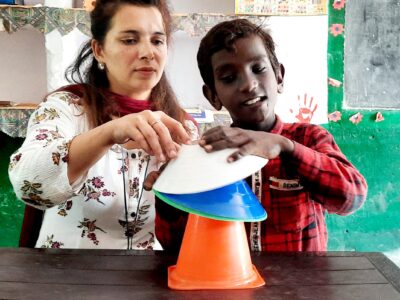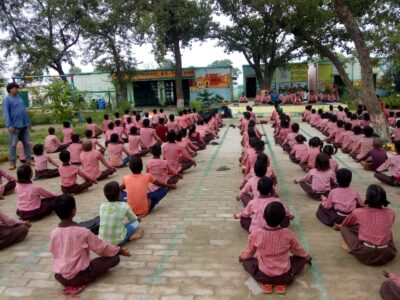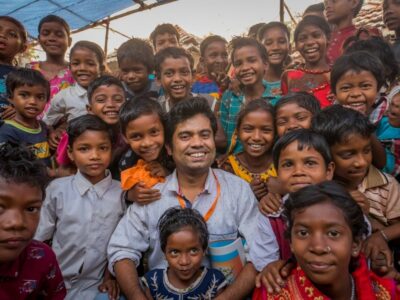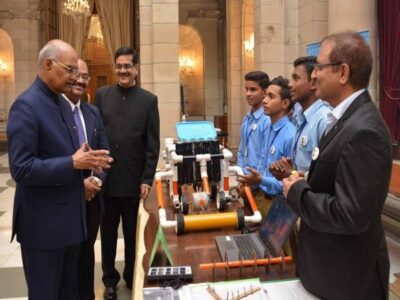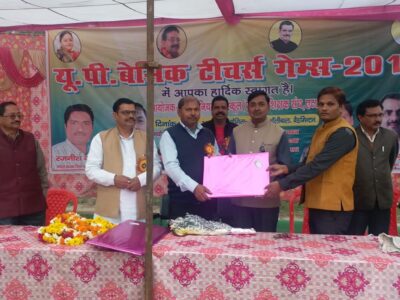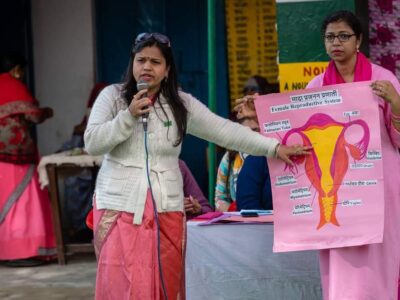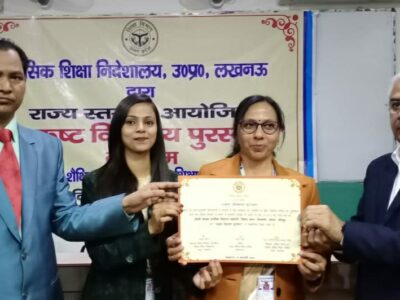
A teacher who grows organic vegetables in school campus: Meet Keneisenu Vitsu
Keneisenu Vitsu, Head Teacher of K Khel Government Middle School (GMS) in Viswema, Nagaland has been a trendsetter in farming.
Who would have thought that producing organic foods will be a part of a school curriculum? Bringing to you an extraordinary personality with a unique activity that has changed the face of normal school activity.
Do watch : Interaction with super inspiring teacher Keneisenu Vitsu
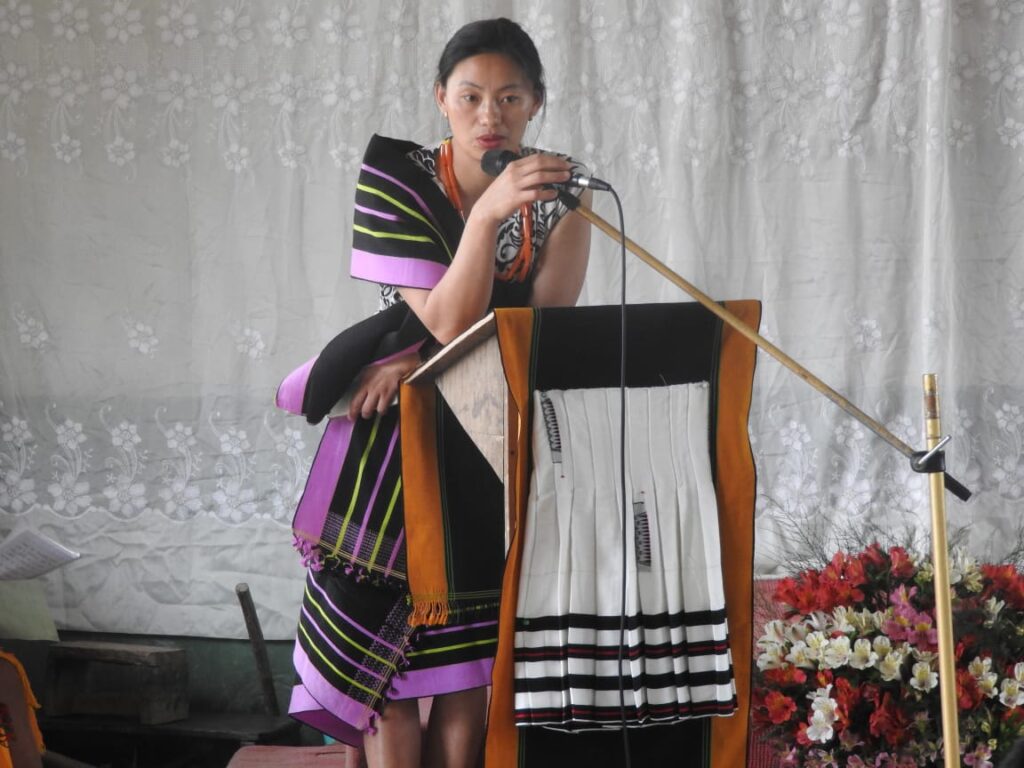
Keneisenu Vitsu, Head Teacher of K Khel Government Middle School (GMS) in Viswema, Nagaland has been a trendsetter in farming. Under the guidance of Vitsu, school children from class 1-8 grow tubers, vegetables and herbs in the school premises. These include beans, cabbage, pumpkin, squash, pomegranate and lemons. Maize and Naga dal comprise the staple grains, while mustard is the only condiment, grown in a small patch.
The products are then consumed by the students as a part of the mid-day meal. The surplus is sold in the market and the profits are used to buy snacks for the kids.
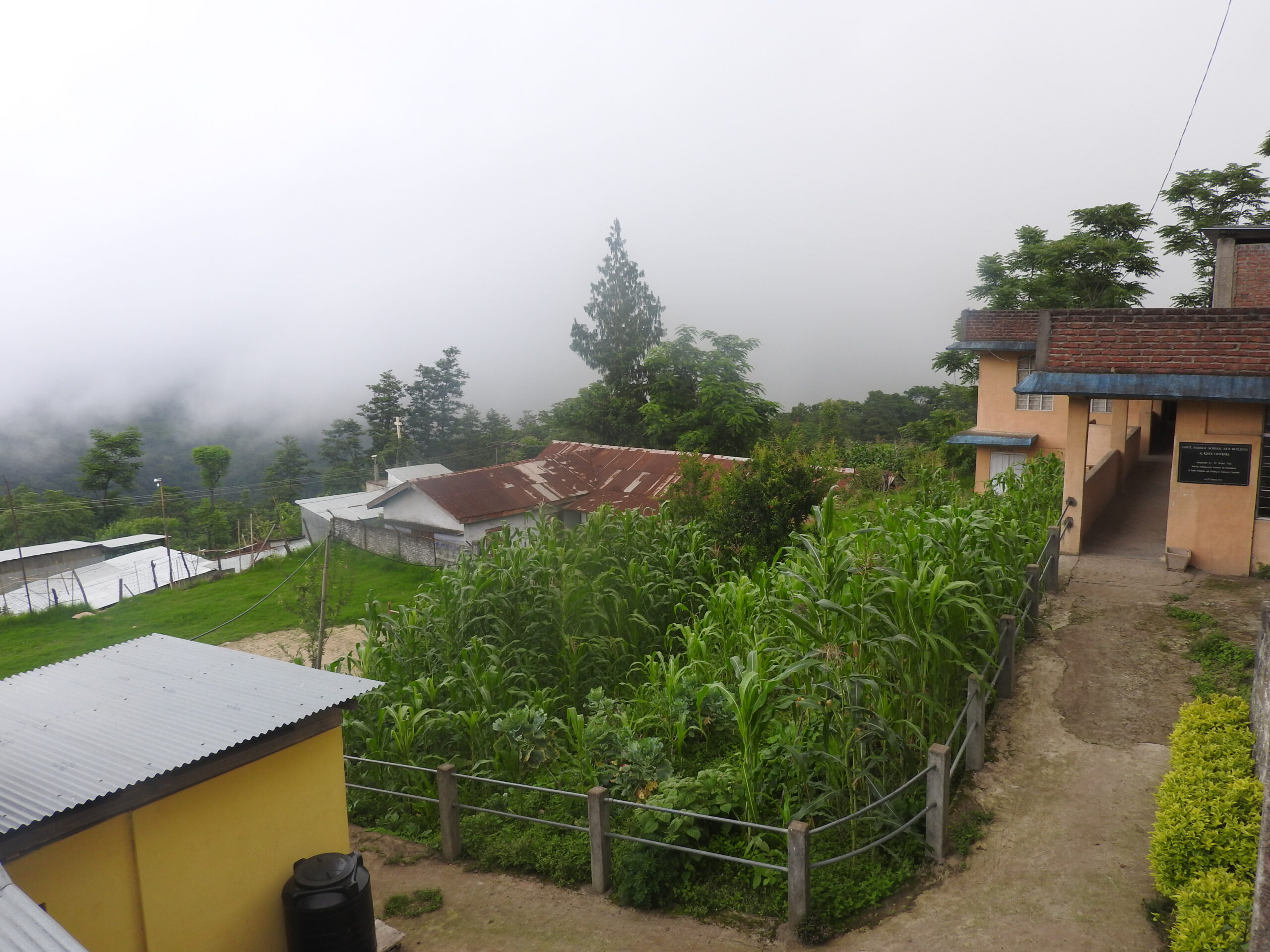
The kids also involve themselves in other environmental projects such as waste management. They do this by installing bamboo waste bins on the village roadside and urging the inhabitants to use them properly and tree plantation.
Do read excerpts of interview with super inspiring teacher;
Q. What your routine looks like due to the pandemic?
Ans. Due to this pandemic, there is no specific routine being followed. But I spent my days doing some skillful work besides from my daily notes preparation. Weaving, gardening, artistic works and domestic works keep my days occupied.
Q. We know it must be difficult to stay away from school and children. What is the key learning you see during the pandemic?
Ans. The key learning that I see during this pandemic is that ‘Health is wealth’. Education is not only learning from the book but much beyond it to access with the life skills, which I feel is being learnt by many in this lockdown.
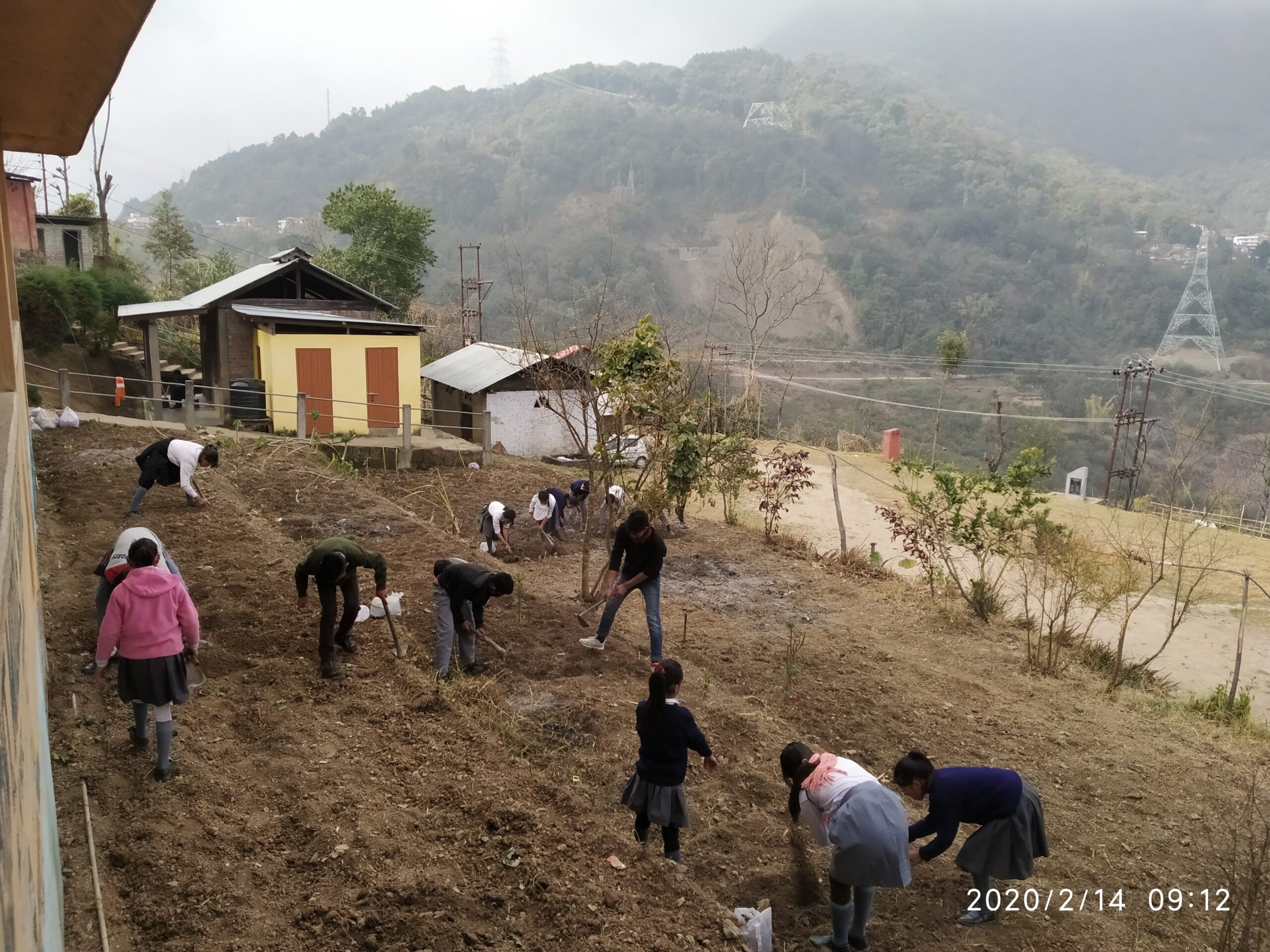
Q. Your kitchen garden technique became famous. Where did you get the inspiration for it?
Ans. The idea to help and train our students in life skill inspired us to start the kitchen garden. The availability of the wasteland in the school compound has also motivated us to start and beautify our compound as well. The purpose to reduce soil erosion by practising kitchen garden helped us come up with it.
Q. When you first shared the idea what was the reaction of the students and community members?
Ans. When we first shared the idea about starting the garden, students were excited and eager to work. The community members were very encouraging as well.
Q. What are the implications that you have noticed within the students in the school and community members in general?
Ans. Some of the implications that have been noticed within the students in the school and community members in general are:-
- The students began to take initiative on their own.
- Team work among the students was seen.
- The work of the students has been acknowledged by the community.
Q. The kids also take part in environmental activities and forums, what according to you is the motivation for that behavior?
Ans. I feel our school kitchen garden is one such motivation to make them take part in environmental activities and forums.
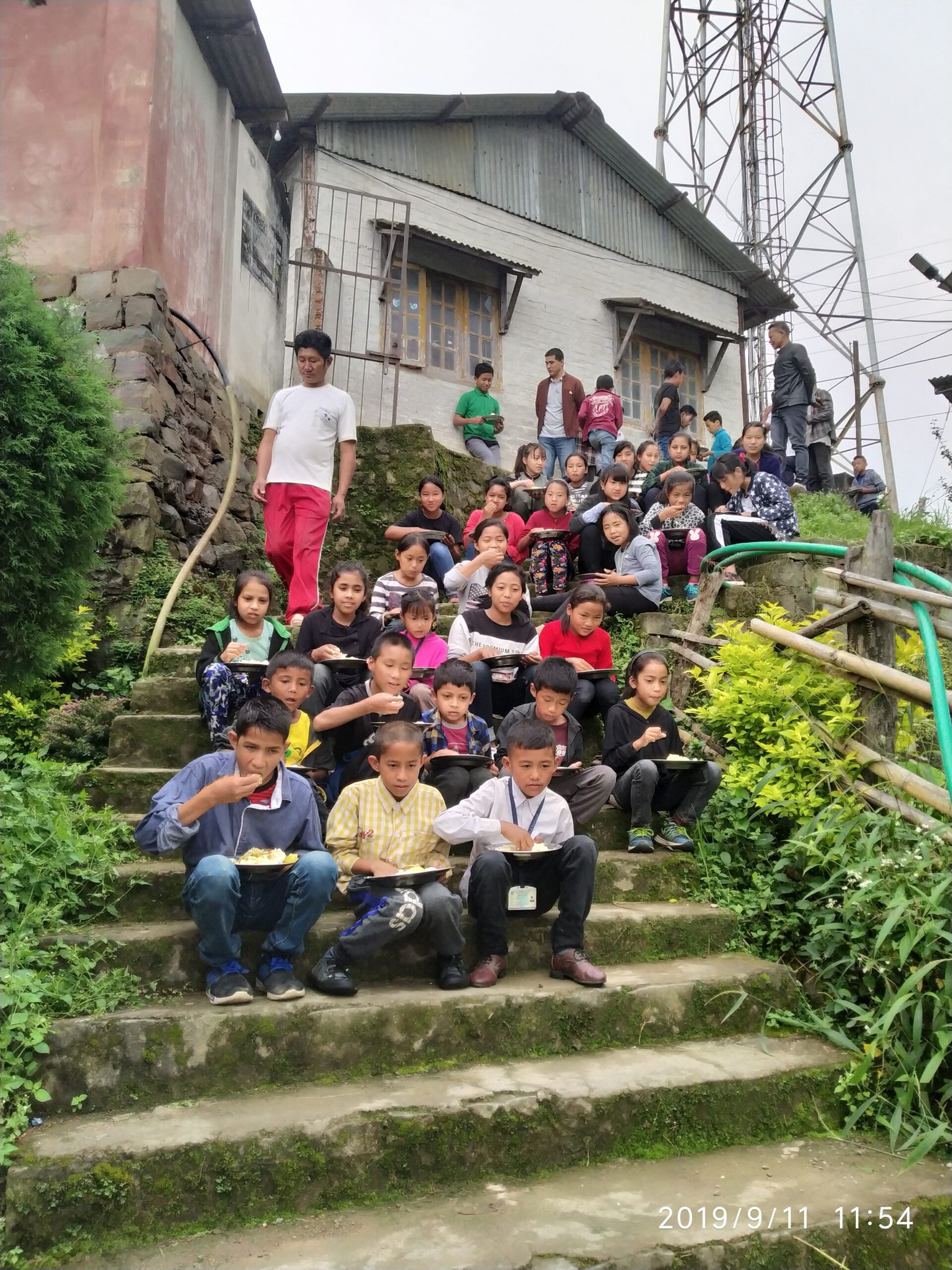
Q. Owing to the discussion on climate change, we are sure that kitchen gardening is helping nature to regain its sustainability. What are your views on it?
Ans. Climate change and sustainability go hand in hand. We believe our small kitchen garden is also helping in the mitigation of climate change in its own way.
Owing to the increase in population, cultivable land is reducing considerably. People are abandoning their fields as farmers or primary agriculturists are reducing.
Through our kitchen garden we aim to-
- Encourage people/students to grow their own food.
- Earn an income through their produce.
- Learn about eco-friendly agricultural method especially the ones that we follow traditionally use, yet scientific like crop rotation and terrace farming.
- Through this process, students also learn how green plants reduce carbon footprint and prevent soil erosion.
- Give joy as students get to eat the fruits of their own hard labour through mid-day meals.
Q. Organic farming clearly helps the environment as it is replenishing it. What are your views on climate change?
Ans. As mentioned earlier, we follow traditional practices like crop rotation which is a scientific practise that helps to retain soil fertility. This practice also helps us in utilizing our kitchen garden the whole year-round. Step farming is also practised and it helps in reducing soil erosion.
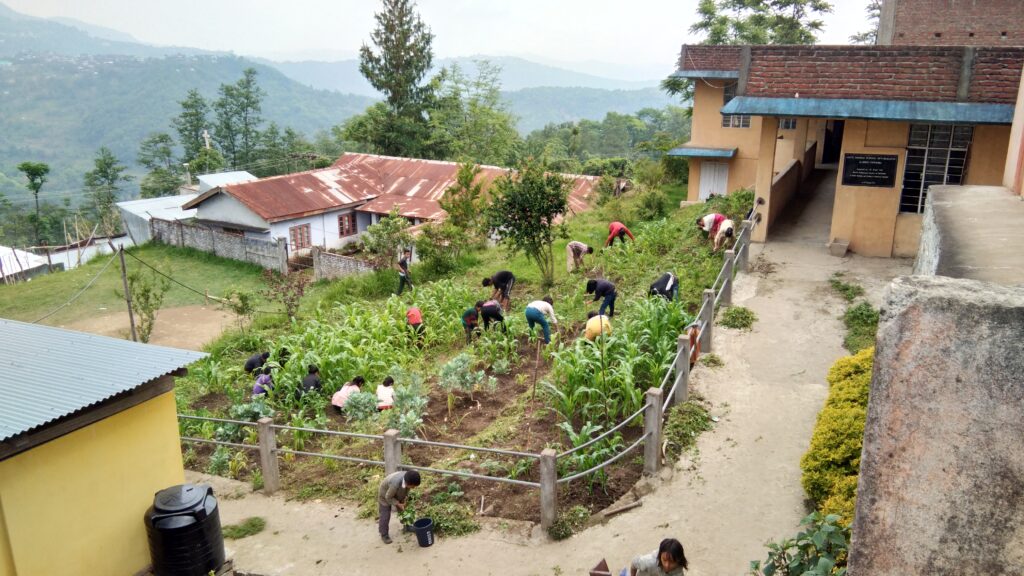
We used organic manure like cow dung, goat dung, pig dung and ashes that does not pollute the environment but give important nutrients for the crops that we grow. Wood ashes are also used as a pesticide against aplids (meza) and slug snails (kona).
As we are all aware of the global issue of climate change, there is an ever increasing need to direct our actions to become eco-friendly. In the fight against climate change, we cannot be only concentrating on mitigation but we also need to learn to adapt in a positive way.
Q. The quality of Mid Day Meal is often a topic of discussion, but your case is different. How has organic farming helped in determining the quality of Mid Day Meal?
Ans. The organic farming been practiced in the school supplements the Mid Day Meal received from the government. In enhances the quality of the food we serve, as organic healthy food are being provided to the students.There is joy among the pupils in the school to enjoy the fruits of their own labour.
Q. I have read about the Eco Club too, could you please elaborate what the Eco Club does?
Ans. The Eco club is a club that is been formed to encourage students to build eco-friendly behaviors with our ecosystem. The club initiates in the activities of tree plantation drive and compound beautification, making bamboo waste bins and conducting awareness programs on important days of mother earth- Environment day, earth day, water day, etc.
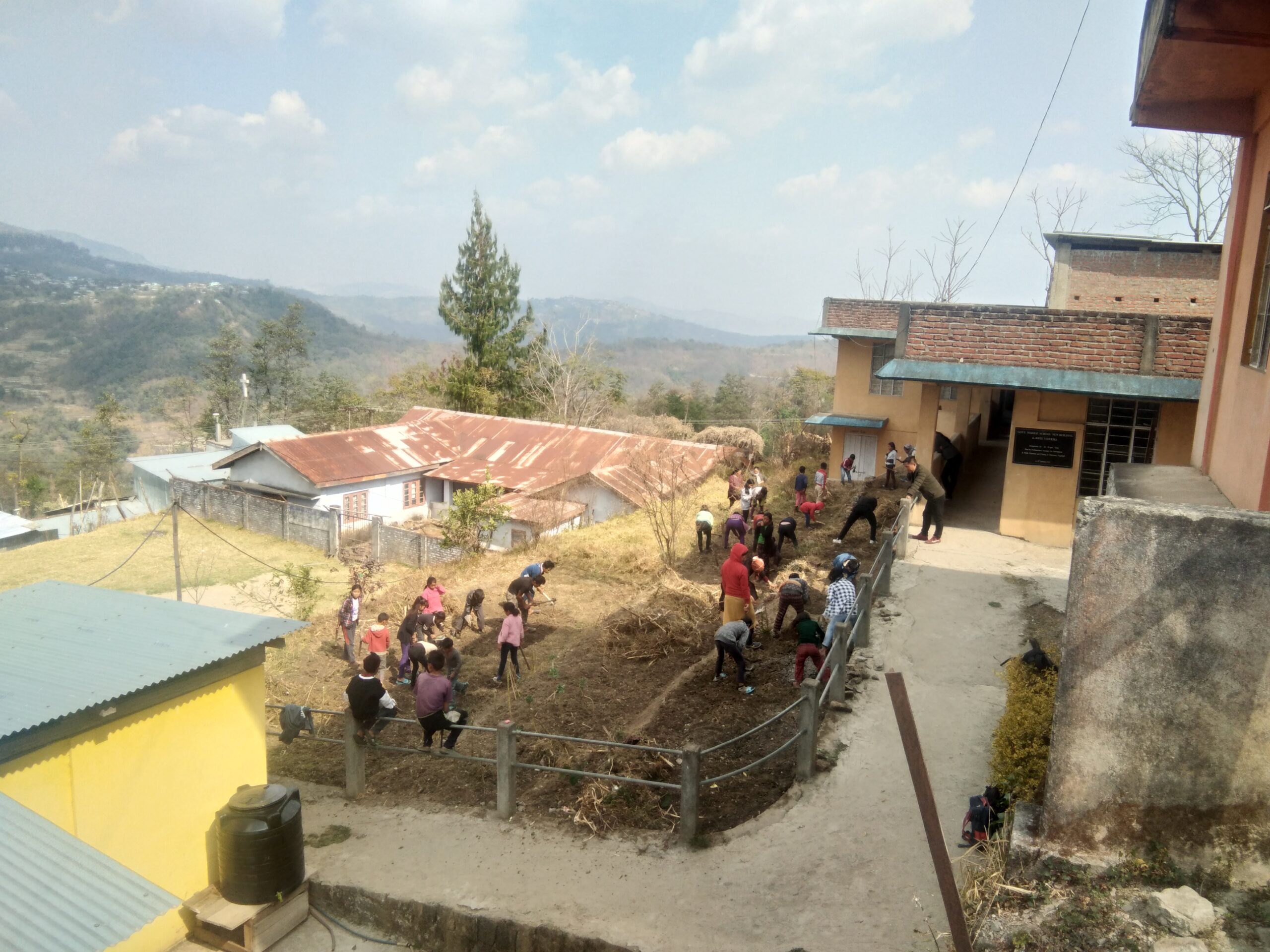
Q. What steps have you taken in the school to provide a holistic learning experience?
Ans. In order to provide holistic learning experience, we have been organizing and conducting different activities such as:-
- Cultural and Traditional day to preserve and showcase our rich culture.
- Literary day to build leadership qualities and competitive spirit.
- Sports week for physical health and
- Gardening activities to motivate and help them learn the skill of farming and agriculture.
Q. What are your views on the new NEP? Do you think it will help government school to grow in such a tough environment?
Ans. Some of my views on the new NEP are:-
- The breaking of the education system in different stages is a good idea. But I feel the Foundational stage to be under the care of the Anganwadi centres may not be effective as in the schools. Taking into account the present scenario of the centres and the workers now, they may not be accountable to bring up the best potential in the children.
- Implementation of bilingual will improve a better understanding of the concepts if teachers are appointed for all the spoken languages in the school.
- The new NEP will bring the best potential in the individual building them to be self-reliant and self-employed.
- The concept of flexibility in choosing the subject is a good thing to let the learners choose their own area of interest.
- If the new NEP is implemented with proper resource persons it will cater to the rising trend of unemployed youth. But to put into real practice will be a great challenge for the teachers.
I would say that it may not be very effective for the government schools to grow in such a tough environment. The government comes up with the best policies of the advanced countries, but when we look into the real situation of our government schools, we have many challenges which are not implementable. The policy speaks of quality education but the best education may not result well.
Q. Acceptance of government school is less and if there; they are often portrayed in a negative light. Do you with the statement?
Ans. Yes, I do feel that government schools are less accepted and portrayed in a negative light because the image of government schools have been spoiled in the past due to different reasons.
Q. What according to you is the reason behind people considering it in a negative light?
Ans. The reasons behind it could be:-
- Some Irresponsible and incompetent teachers which spoiledthe image of the teaching faculty.
- Poor administration and communitization of the education system.
- The attitude of the government teachers in not respecting their profession and not being self-sacrificing.
- Free education in government schools could be also one where people tend to look into the value of education with the value of money.
- Late distribution of study and school materials which is not systematic.
Q. Lockdown has affected the nation in an irreparable way. How did you think it has made an impact on your initiative and what are the ways you are looking to come to terms with?
Ans. This lockdown has affected a lot in our initiatives as well. The most priority of our profession of being a teacher could not be effective as our goals set cannot be implemented. School is a place to bring holistic development, we feel regretful for our duties could not be discharged as desired by us.
Q. What are the challenges that you and the children are facing and is there any positive outcome you are looking at after the things get over or even during it?
Ans. The challenges being faced by us are:-
- Inability to access to the online classes due to lack of modern technology in rural areas.
- Poor economy and illiterate parents of our students.
Inspite of the many challenges faced in this lockdown, there are positive outcomes which I look forward to and feel pleased to share with:-
- Teachers have gone beyond the extra mile to help the students in giving printed notes to all.
- Students started to learn the dignity of labor in helping their parents through different means of work- agriculture, farming, gardening, domestic chords, etc.
- Practicing the skill of handicraft is also a positive outcome.
Q. In your journey as a teacher have you come across any story that has affected you positively?
Ans. In this journey as a teacher since 2013, I have been motivated and influenced by the work dedication of one of my senior colleague, Mr. ZAKRÜHOL NEIKHA. He had been serving as a Primary Teacher who has retired from his service now.
A very dedicated person and a well discipline personality which is befitting the profession of a teacher. Punctuality, decency and respect for work have been his moral principles. Age is just a number for him to learn and adapt with the developing world.To me, he has been a fatherly role and an advisor as and when problems crop up in the school, advising with the matured wisdom of a man.
This has encouraged me to be one such in my journey as a teacher and will always be a motivation to implement not only in my profession but in life too.
Q. Has there been any activity related to or focusing on girl child education?
Ans. There is no such activity as the females here in our state get exposed to equal opportunities without any discrimination. Instead, to be mentioned, girls in our schools grab opportunities better than the boys in any school activity.
(With Ankita Pal)

